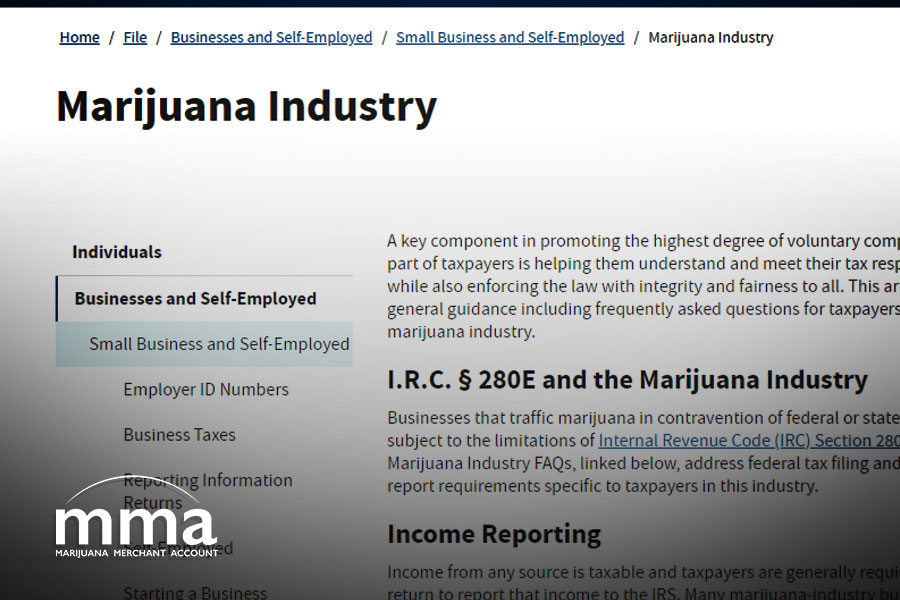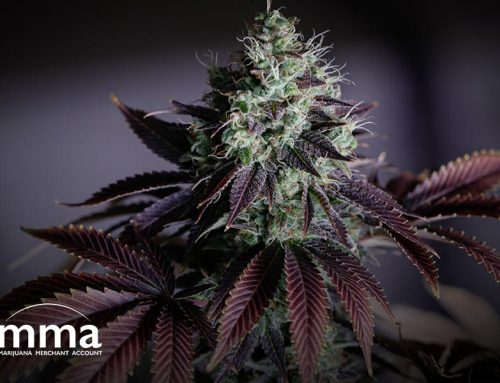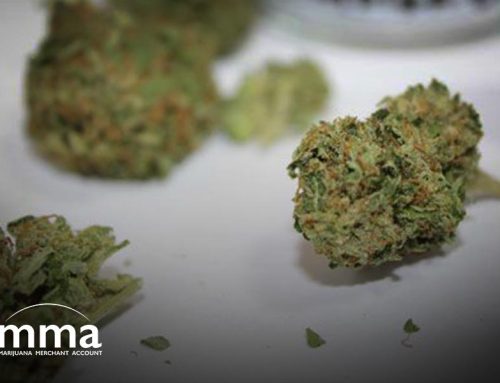Ahhh, progress. While the feds are still calling out marijuana as illegal, they’re now more amenable to it; at least from a tax revenue perspective. And they want voluntary compliance. So it should come as no surprise that the Internal Revenue Service (IRS) has released a marijuana business webpage outlining tax responsibilities for marijuana business owners.
Because, of course, income from marijuana sales is taxable. Naturally. And that includes sales outside of state-regulated dispensaries. So while the feds won’t provide adequate banking services to the industry, they’ll still tax the bejesus out of it. Actually, income from any source is taxable, so there you go.
Forty-two states (and the good ol’ District of Columbia) have laws legalizing marijuana (or cannabis, if that’s your preferred term) for medical or recreational use. And due to the aforementioned lack of banking services — meaning that the marijuana industry is very cash-centric — the IRS helpfully provides links to information on paying taxes owed in cash, reporting single cash transactions above $10,000, and also has a guide on cash-intensive business audit techniques.
The page also covers topics that include the legal industry’s one shining light, Internal Revenue Code (IRC) Section 280E. This section details that while all deductions or credits are prohibited for amounts paid or incurred by doing business in a trade that violates federal drug laws, it does not prohibit those in the marijuana industry from calculating the cost of goods sold (COGS) to figure out what the gross income of the business is. In a nutshell, this means that while a business can’t deduct advertising costs, it can legitimately consider COGS and whittle down taxable income that way.
The IRS.gov page breaks out several topics for reference, including income reporting, cash payment options for unbanked taxpayers, reporting large cash amounts, and calculating estimated tax payments.












